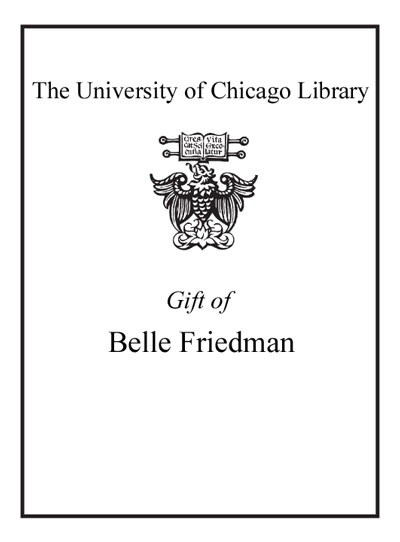Review by Choice Review
How is the human mind so fundamentally distinctive as compared to nonhuman animals? Kellogg (psychology, Saint Louis Univ.) proposes to answer this mystery of "human revolution" via his "ensemble hypothesis." The author suggests that research in cognitive social neuroscience demonstrates that human cognition is made up of five component parts: executive working memory, social intelligence, language, an inner interpreter of consciousness, and mental time travel. The first half of the book provides detailed arguments for the role of these five parts in the modern mind, and then continues to explore them in the context of human emotion and society. Kellogg further suggests that the pinnacle of human mental functioning is the capacity for morality and spirituality, which are products of the ensemble. The book ends with a discussion of the emergence of literacy and the influence of technology, such as the Internet, on the 21st-century mind. The Making of the Mind offers an interesting theory about the origin and evolution of the human mind, accessible to a wide audience. Summing Up: Recommended. Lower-division undergraduates and above; general readers. C. L. Iwema University of Pittsburgh
Copyright American Library Association, used with permission.
Review by Choice Review


